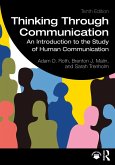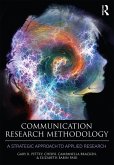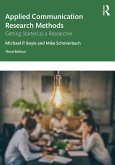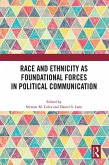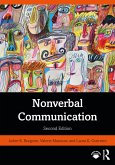The Handbook of Instructional Communication offers a comprehensive collection of theory and research focusing on the role and effects of communication in instructional environments. Now in its Second Edition, the handbook covers an up-to-date array of topics that includes social identity, technology, and civility and dissent. This volume demonstrates how to understand, plan, and conduct instructional communication research as well as consult with scholars across the communication discipline. Designed to address the challenges facing educators in traditional and nontraditional settings, this edition features a wealth of in-text resources, including directions for future research, suggested readings, and surveys for instructional assessment.
Dieser Download kann aus rechtlichen Gründen nur mit Rechnungsadresse in A, B, BG, CY, CZ, D, DK, EW, E, FIN, F, GR, HR, H, IRL, I, LT, L, LR, M, NL, PL, P, R, S, SLO, SK ausgeliefert werden.




